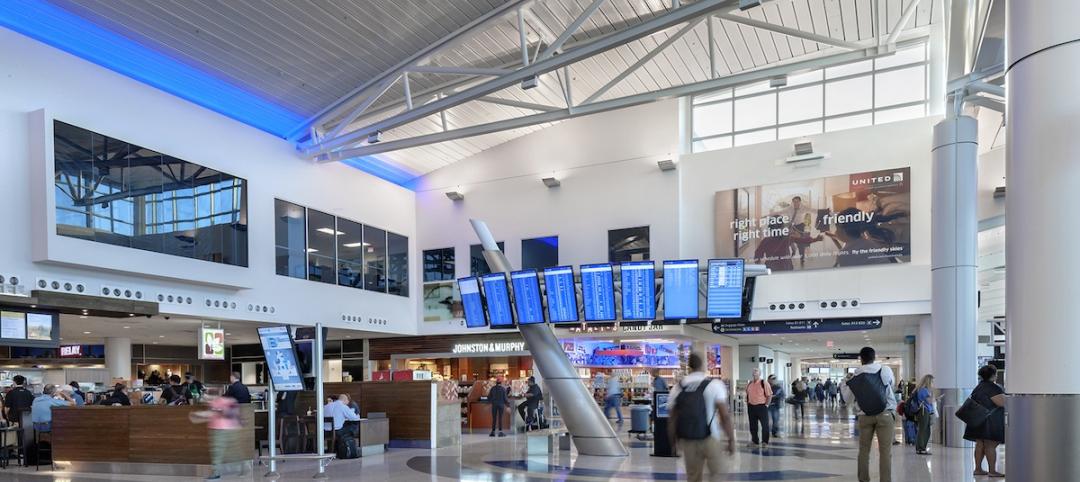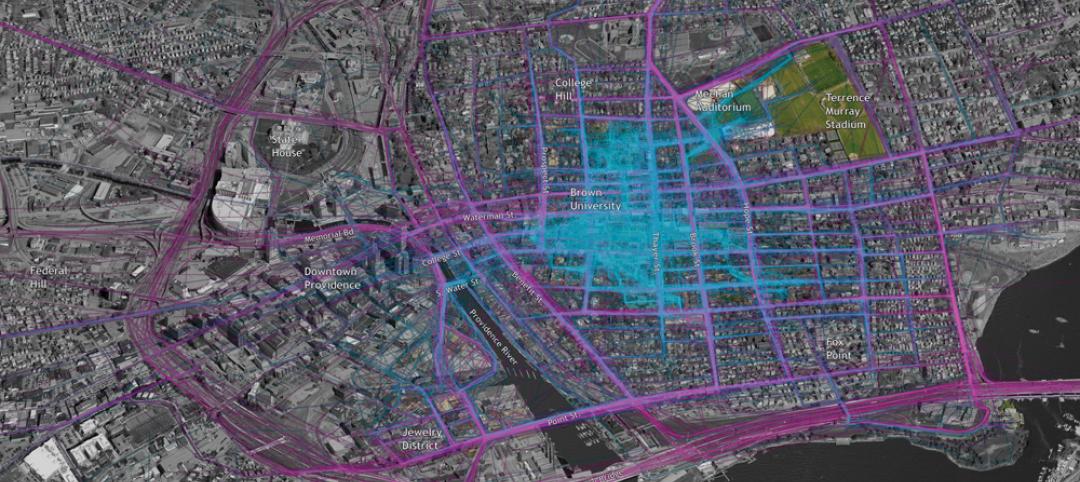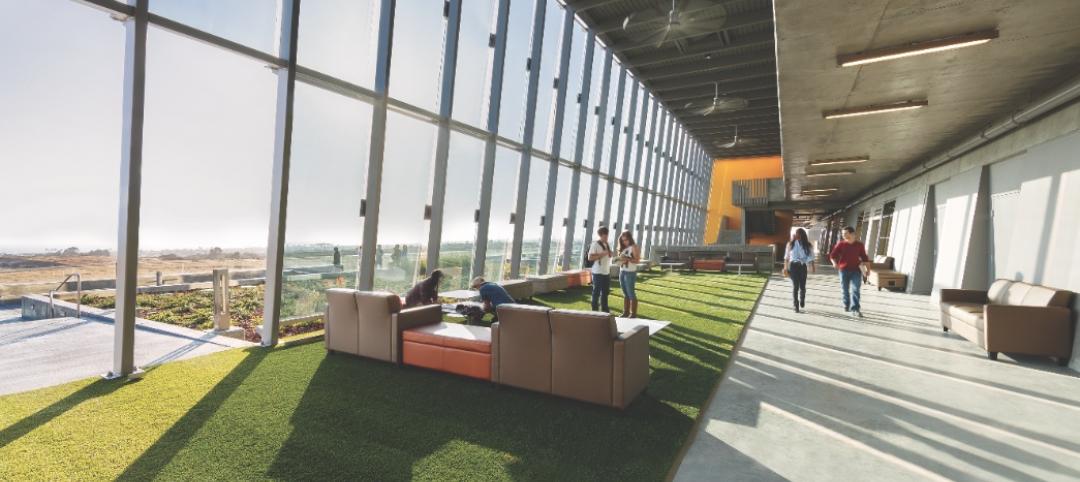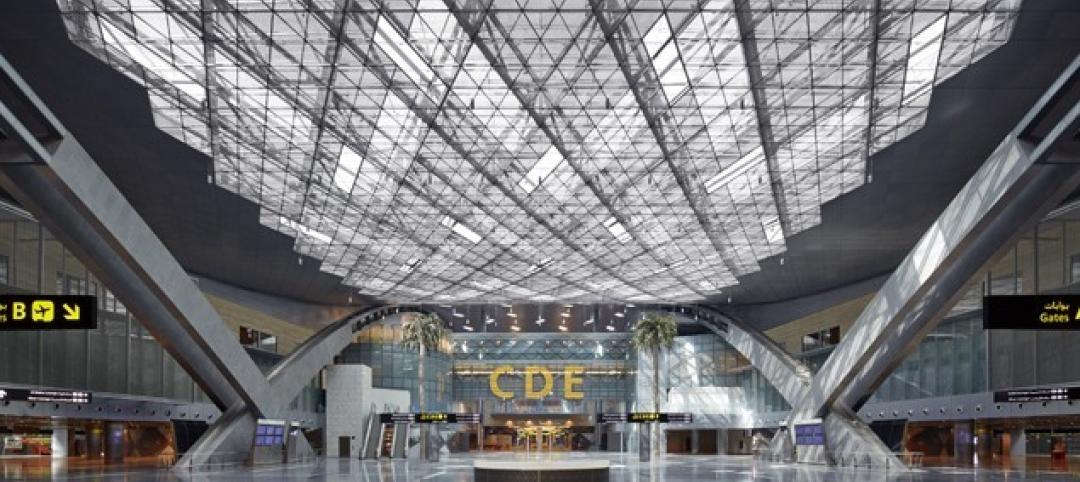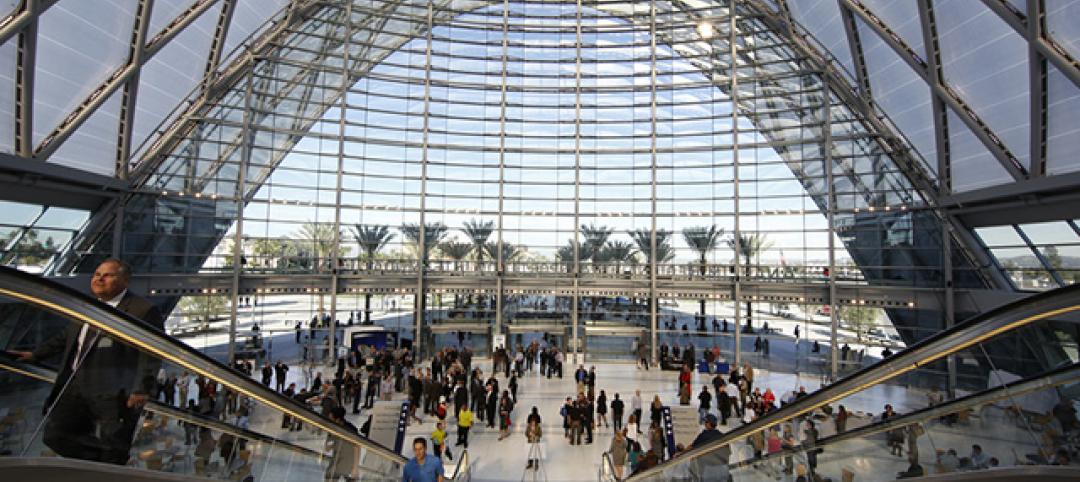The recently released Wi-Fi standard, IEEE 802.11az enables more refined and accurate indoor location capabilities.
As technology manufacturers incorporate the new standard in various devices, it will enable buildings, including malls, arenas, and stadiums, to provide new wayfinding and tracking features. The previous standard yielded Wi-Fi location accuracy of 1-2 meters, while the new standard raises accuracy to less than 0.1 meter or about 4 inches.
Applications are expected to use this technology by:
- Providing more accurate indoor navigation. In a retail store, for example, a consumer could use an application to navigate through a store, as is used in vehicles to map a travel route, from the entrance to the desired product.
- Enablement of micro-targeting for retail and warehouse asset tracking. A store worker could use a mobile app to track products on shelves, in the stock room, and in a warehouse. A retailer could also leverage usage data from its customers’ shopping apps—such as their movements on the retail floor—to derive analytics and serve relevant ads to the user.
- Improved scalability will allow hundreds of devices to connect at the same time in dense environments, such as shopping malls, arenas, and stadiums where large numbers of users are actively co-locating with Wi-Fi simultaneously.
- Secure, authenticated, and private positioning. Proper authentication can be confirmed when you are within inches of two devices. This could be used, for example, to unlock an interior door via a smart device. Other applications could be the use of a smart device to make payment at the point of sale or using it to facilitate an ATM transaction.
Related Stories
Airports | Jul 22, 2015
MUST SEE: JFK airport taps Gensler to design terminal for animals
Pets can enjoy luxurious spa and grooming services before being transported directly to their flight from the terminal.
Airports | Jul 1, 2015
FIRST LOOK: JetBlue opens sprawling green rooftop at JFK International Airport
The 4,046-sf rooftop includes landscaped green spaces, seating for 50 people, 400-sf children’s play area, and a 400-sf dog-walk area.
Sponsored | Airports | Jun 5, 2015
Exposed glulam framework offers quiet complement to Jackson Hole airport’s mountain backdrop
A three-phase expansion and renovation, which began in 2009, nearly doubled the size of the aviation hub; the only one located in a national park
Airports | Apr 21, 2015
Trends driving airport construction
Upgrades to aviation infrastructure have not kept pace with the increase in airport traffic or even at a level sufficient to accommodate the life cycle of our many dated terminal facilities. Until now.
Airports | Feb 6, 2015
Zaha Hadid-designed terminal in Beijing will be world’s largest
The terminal will accommodate 45 million passengers per year, and will be a hub for both air and rail travel.
| Jan 2, 2015
Construction put in place enjoyed healthy gains in 2014
Construction consultant FMI foresees—with some caveats—continuing growth in the office, lodging, and manufacturing sectors. But funding uncertainties raise red flags in education and healthcare.
BIM and Information Technology | Dec 28, 2014
The Big Data revolution: How data-driven design is transforming project planning
There are literally hundreds of applications for deep analytics in planning and design projects, not to mention the many benefits for construction teams, building owners, and facility managers. We profile some early successful applications.
| Dec 28, 2014
AIA course: Enhancing interior comfort while improving overall building efficacy
Providing more comfortable conditions to building occupants has become a top priority in today’s interior designs. This course is worth 1.0 AIA LU/HSW.
| Dec 28, 2014
The future of airport terminal design: destination status, five-star amenities, stress-free travel
Taking a cue from the hospitality industry, airport executives are seeking to make their facilities feel more like destinations, writes HOK's Richard Gammon.
| Dec 15, 2014
HOK-designed Anaheim Regional transit hub opens, expected to serve three million per year
ARTIC’s flexible design ensures that it can serve as a southern terminus for California’s future high-speed rail system.





